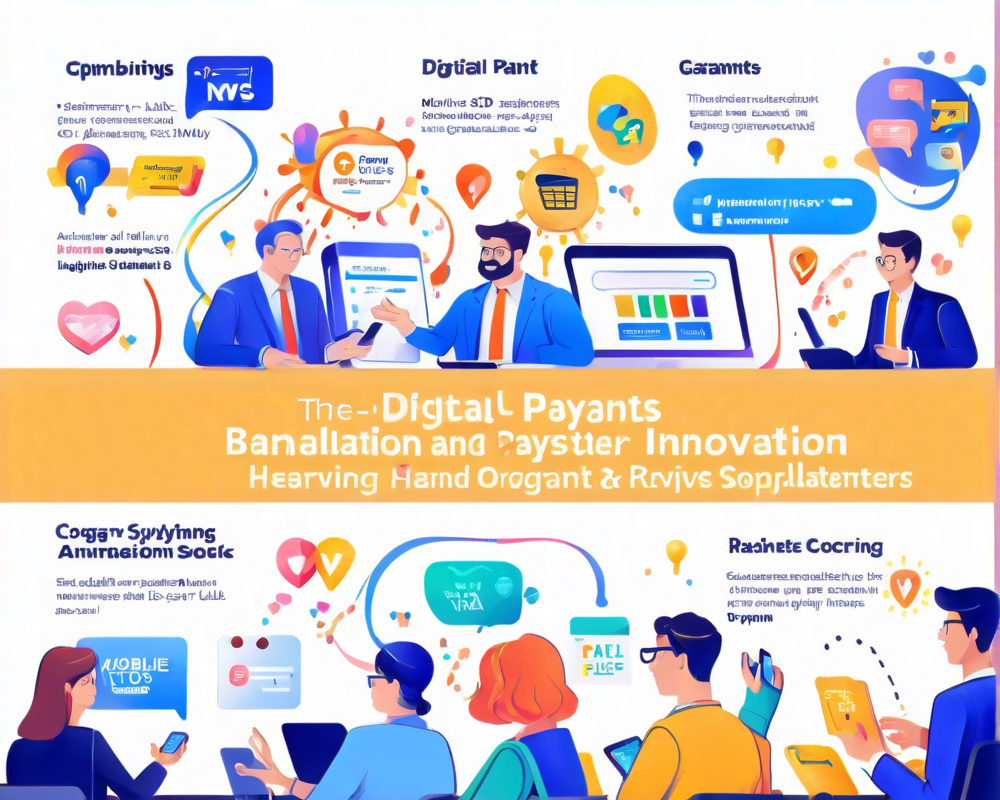Mobile Payments Under the Microscope
On January 30, an enthusiastic gaggle of U.S. Representatives met for a hearing titled “Is Cash Still King? Reviewing the Rise of Mobile Payments.” The session brought together some notable figures in the fintech space, including Usman Ahmed of PayPal and Kim Ford from the U.S. Faster Payments Council. But the real star of the show was U.S. Representative Tom Emmer, who expressed serious concerns about how regulation could squash the innovative spirit in digital payments.
Emmer’s Concerns: Innovation vs. Regulation
Emmer’s opening act was a passionate plea for creators in the mobile payments sector. “There’s a whole environment out there of brilliant, genius, young people who are coming up with new ways to transfer value every single day,” he stated, channeling his inner motivational speaker. Emmer worries about the potential dampening of entrepreneurial spirits due to stifling regulations. The congressman made it clear; this is not just about dollars and cents—it’s about the future of financial innovations.
The Crypto Conversation
Among the various topics discussed, the conversation shifted to cryptocurrencies. Emmer specifically highlighted Christina Tetreault from Consumer Reports, encouraging a broader look at how crypto assets can serve different needs within the marketplace. He threw out a list of crypto players—Bitcoin, Ethereum, XRP, EOS, Monero, and Zcash—like a fintech DJ spinning tracks at a digital dance party. Each coin has its unique functionalities, and Emmer made it clear he believes these innovations can help individuals gain more control over their financial destinies.
Tetrault’s Perspective: Regulation Challenges
Tetreault, however, felt a bit left out of the conversation, revealing in an interview afterward that she was disappointed not to delve into the legalities surrounding the massive ecosystem of cryptocurrencies. “I’m not familiar with all of close to 2,000 coins that are out there,” she lamented. This highlights the knowledge gap often present in discussions about digital currencies. She called for more coherence in regulatory approaches, advocating for smart regulation that protects consumers without stifling innovation.
Regulatory Road Ahead
The nearly two-hour hearing covered a dizzying array of topics related to mobile payments, digital currencies, and the regulatory environment. Both Emmer and Tetreault agree that more engagement is crucial between regulators and the rapidly evolving world of cryptocurrency. Tetreault aptly noted the current chaos in terminology surrounding digital assets, emphasizing that clarity is key if we want consumers to feel safe with their investments.
Final Thoughts
The digital payment landscape is like a moving target—constantly evolving and increasingly complex. How will regulations adapt in kind? While there’s a risk of innovation being stifled under heavy-handed rules, a collaborative approach between regulators and industry players could lead to a more secure and efficient financial future. As these discussions continue, one thing is certain: the future of digital payments is bright, but we need to strike a balance!




